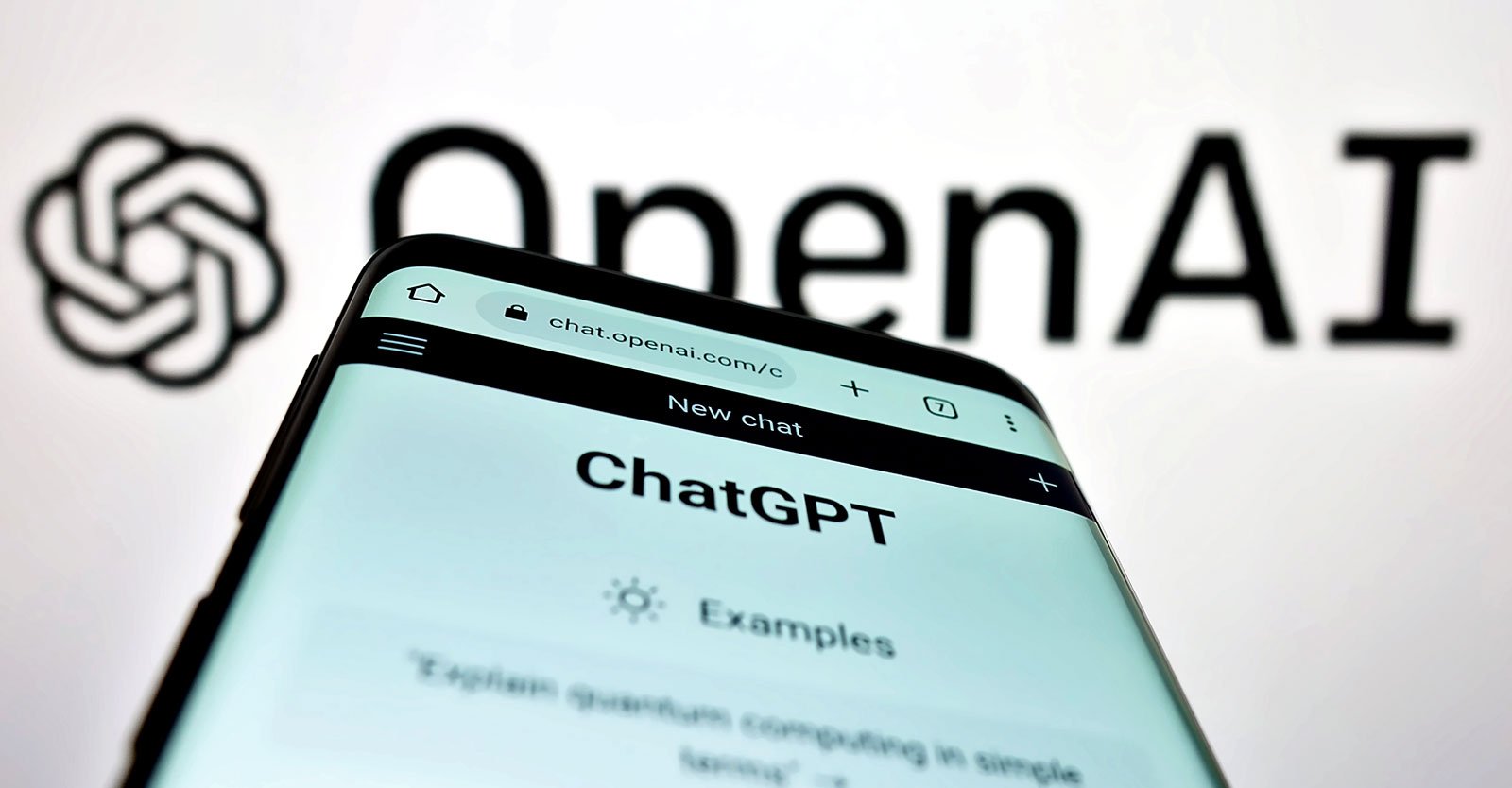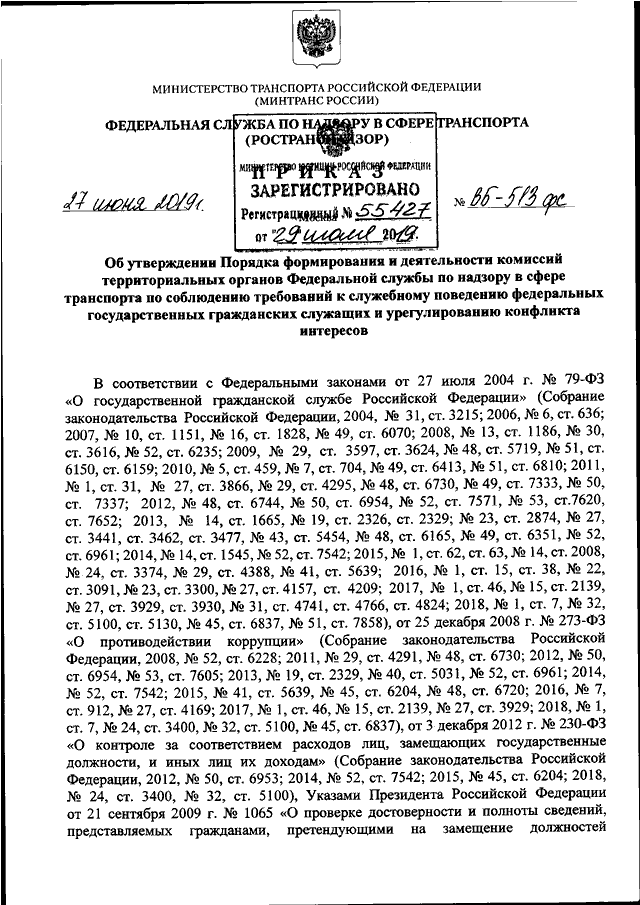ChatGPT And OpenAI: Facing FTC Investigation For Data Privacy Concerns

Table of Contents
The FTC's Investigation: What We Know So Far
The FTC, tasked with protecting consumers from unfair or deceptive practices, holds significant authority regarding data privacy. Their investigations typically involve reviewing a company's data practices, interviewing employees, and analyzing collected data to determine compliance with relevant laws such as the Children's Online Privacy Protection Act (COPPA) and other federal and state regulations. In the case of OpenAI and ChatGPT, the FTC’s concerns are multifaceted.
The FTC's investigation into ChatGPT and OpenAI centers on several key areas:
- Allegations of violating consumer protection laws: The FTC alleges OpenAI may have violated consumer protection laws by failing to adequately protect user data and by engaging in deceptive practices regarding data collection and use.
- Concerns about the collection, use, and storage of personal data: The investigation focuses on how ChatGPT collects, uses, and stores personal data from users, including the content of conversations, IP addresses, and potentially sensitive information inadvertently revealed during interactions.
- Potential risks to children's privacy: The FTC is particularly concerned about the potential risks to children's privacy, given ChatGPT's accessibility and the potential for collecting and storing data from minors without proper parental consent. This directly relates to COPPA compliance.
- Lack of transparency regarding data practices: Critics point to a lack of transparency in OpenAI's data practices, making it difficult for users to understand how their data is being collected, used, and protected. This lack of transparency is a major concern for the FTC.
- Potential for biased or discriminatory outputs based on data used for training: The data used to train ChatGPT might contain biases, leading to discriminatory or unfair outputs. The FTC is examining whether OpenAI has taken sufficient steps to mitigate these risks.
ChatGPT's Data Collection Practices and Potential Risks
ChatGPT collects data from user interactions, including the text of conversations, prompts, and responses. This data is then used to train and improve the model, making it more accurate and effective. However, these practices present several potential risks:
- Data breaches and security risks: Storing vast amounts of user data makes OpenAI a prime target for cyberattacks, raising concerns about the potential for data breaches and unauthorized access.
- Unauthorized access to sensitive information: Users may inadvertently disclose sensitive personal information during conversations, creating risks for identity theft and other harms.
- The potential for misuse of collected data: The collected data could potentially be misused for various purposes, including targeted advertising, profiling, or even manipulation.
- The difficulty in deleting user data completely: Users may find it difficult to completely delete their data from OpenAI's systems, raising concerns about long-term data retention and privacy.
- The implications of storing and analyzing large datasets of personal information: The sheer volume of data collected raises concerns about the potential for privacy violations and the ethical implications of storing and analyzing such extensive personal information.
The Broader Implications for the AI Industry
The FTC's investigation into OpenAI and ChatGPT is not an isolated incident. It signals a growing concern about data privacy in the rapidly expanding AI industry. This could lead to several significant implications:
- Increased scrutiny of data privacy practices across the board: Other AI companies will likely face increased scrutiny of their data collection and handling practices.
- Development of stricter data protection regulations: The investigation could spur the development of stricter data protection regulations specifically targeting the AI industry.
- Impact on AI innovation and development: Increased regulation could potentially stifle AI innovation, but it could also lead to more ethical and responsible AI development.
- Changes to data collection and handling practices within the industry: AI companies may be forced to adopt more privacy-preserving data collection and handling practices.
- Increased focus on ethical AI development: The investigation underscores the importance of ethical considerations in AI development, focusing on responsible data use and the mitigation of potential biases and harms.
OpenAI's Response and Future Steps
OpenAI has publicly acknowledged the FTC investigation and has stated its commitment to addressing data privacy concerns. However, the specifics of their response remain largely undisclosed. Potential actions OpenAI might take include:
- Potential changes to ChatGPT's data privacy policy: OpenAI might revise its data privacy policy to be more transparent and user-friendly.
- Implementation of new data security measures: They may invest in stronger data security measures to protect user data from unauthorized access and breaches.
- Increased transparency regarding data handling practices: OpenAI could improve the transparency of its data handling practices, providing users with clearer information about how their data is being used.
- Investment in data privacy technologies: They might invest in new technologies designed to enhance data privacy and security.
- Collaboration with regulatory bodies: OpenAI is likely to collaborate more closely with regulatory bodies to ensure compliance with data privacy regulations.
Conclusion
The FTC's investigation into ChatGPT and OpenAI highlights the crucial need for responsible data handling in the rapidly evolving field of artificial intelligence. The investigation's outcome will likely have significant implications for the future of AI development and data privacy regulations. The potential for misuse of personal data and the lack of transparency surrounding data collection practices raise serious concerns about the future of AI and its impact on individuals' privacy.
Call to Action: Stay informed about the ongoing FTC investigation into ChatGPT and OpenAI, and advocate for stronger data privacy protections in the AI industry. Understanding the implications of ChatGPT and similar AI technologies’ data practices is crucial for protecting your online privacy. Demand transparency and accountability from AI developers to ensure responsible innovation and the protection of your personal data.

Featured Posts
-
 Rotoruas Cultural Heritage A Deep Dive Into Maori Traditions
May 11, 2025
Rotoruas Cultural Heritage A Deep Dive Into Maori Traditions
May 11, 2025 -
 Astros Foundation College Classic 2025 All Tournament Team Announced
May 11, 2025
Astros Foundation College Classic 2025 All Tournament Team Announced
May 11, 2025 -
 Landmark 10 Year Agreement Signed Between Ottawa And Indigenous Capital Group
May 11, 2025
Landmark 10 Year Agreement Signed Between Ottawa And Indigenous Capital Group
May 11, 2025 -
 Plan Trampa Po Uregulirovaniyu Konflikta Kritika Ot Borisa Dzhonsona
May 11, 2025
Plan Trampa Po Uregulirovaniyu Konflikta Kritika Ot Borisa Dzhonsona
May 11, 2025 -
 Ice Protest Leads To Newark Mayor Ras Barakas Arrest
May 11, 2025
Ice Protest Leads To Newark Mayor Ras Barakas Arrest
May 11, 2025
